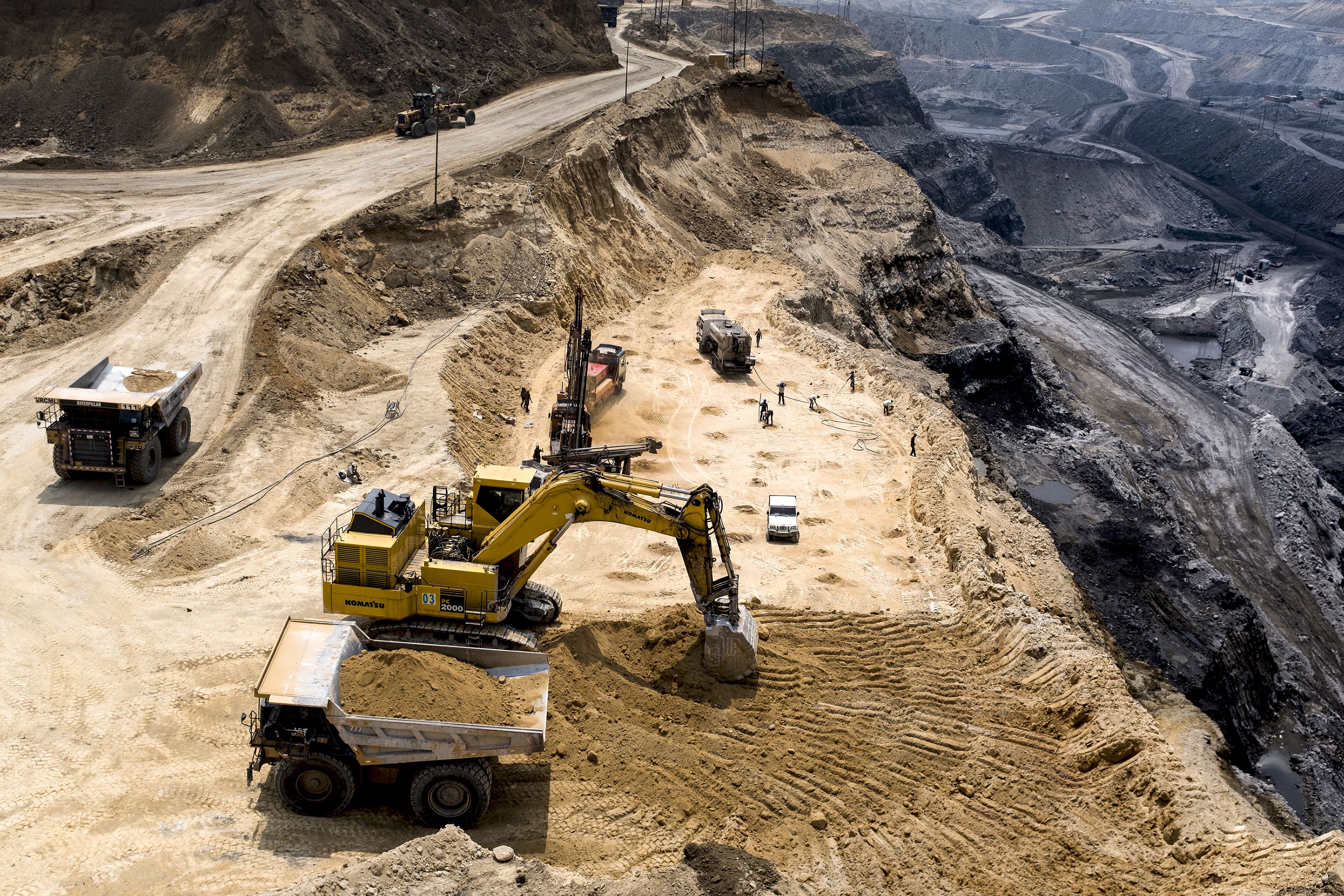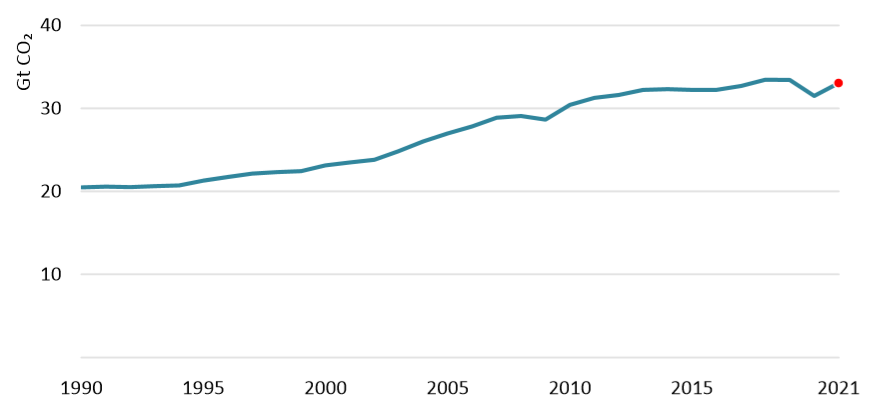Global CO2 emissions set for largest surge in more than a decade, says IEA
CO2 emissions are on course to surge by 1.5bn tonnes in 2021 as demand for dirtiest fossil fuels soars past pre-pandemic levels, says the International Energy Agency

Your support helps us to tell the story
From reproductive rights to climate change to Big Tech, The Independent is on the ground when the story is developing. Whether it's investigating the financials of Elon Musk's pro-Trump PAC or producing our latest documentary, 'The A Word', which shines a light on the American women fighting for reproductive rights, we know how important it is to parse out the facts from the messaging.
At such a critical moment in US history, we need reporters on the ground. Your donation allows us to keep sending journalists to speak to both sides of the story.
The Independent is trusted by Americans across the entire political spectrum. And unlike many other quality news outlets, we choose not to lock Americans out of our reporting and analysis with paywalls. We believe quality journalism should be available to everyone, paid for by those who can afford it.
Your support makes all the difference.Global CO2 emissions from energy use are set to soar by 1.5 billion tonnes in 2021 – the highest annual increase since the world turned heavily to fossil fuels after the financial crisis in 2010, a major report finds.
Driven by a soaring demand for fossil fuels, this uptick would also be the second-largest annual increase in CO2 emissions seen since the start of the industrial era, says the International Energy Agency (IEA).
The expected surge will reverse most of the temporary dip in emissions seen in 2020 – providing a “dire warning that the economic recovery from the Covid crisis is anything but sustainable”, according to IEA chief Dr Fatih Birol.
The IEA’s Global Energy Review 2021 arrives as British prime minister Boris Johnson is set to pledge a steeper cut of 78 per cent in emissions from 1990 levels by 2035 ahead of November's Cop26 climate summit.
The IEA review estimates that energy-related CO2 emissions are on course to rise by almost 5 per cent from 2020 to 2021.
The expected increase is largely linked to a rising demand for coal-fired power – the dirtiest of all the fossil fuels, said Dr Birol.
“Unless governments around the world move rapidly to start cutting emissions, we are likely to face an even worse situation in 2022,” he said.
“The Leaders Summit on Climate hosted by US president Joe Biden this week is a critical moment to commit to clear and immediate action ahead of Cop26 in Glasgow.”
On Thursday, Mr Biden is hosting a high-level climate summit where it is hoped that major greenhouse gas emitters such as China and India will come forward with more ambitious carbon-cutting plans.
It is one of several high-level summits taking place before Cop26, a key set of UN climate talks that will be hosted in Glasgow in November. The talks will be a crucial moment for getting the world on track to meet the goals of the Paris Agreement, a climate deal agreed by countries five years ago.
The IEA report, which is based on new fossil fuel projects, country data and analysis of economic growth trends, gives a clear picture of the task ahead.

It finds that demand for all fossil fuels is currently set to grow significantly in 2021, with demand for both coal and gas set to rise above pre-pandemics levels.
More than 80 per cent of the expected growth in coal demand in 2021 is likely to come from Asia, with China playing a chief role. The demand for coal is also set to increase in the US and Europe, but will remain below levels seen before the pandemic, the report says.
The expected increase in CO2 emissions in 2021 will counteract around 80 per cent of the drop observed in 2020, the report estimates. CO2 emissions temporarily dipped in the first year of the pandemic as countries went into full lockdowns, leading to decreases in industrial and transport activity.
Scientists have repeatedly advised that the pandemic presents a unique opportunity to rebuild a greener global economy that is less reliant on fossil fuels.
However, a recent UN report found that less than a fifth of the money spent by major economies on long-term Covid recovery measures can be considered “green”, and that many countries are continuing to invest in major new fossil fuel projects.
Join our commenting forum
Join thought-provoking conversations, follow other Independent readers and see their replies
Comments